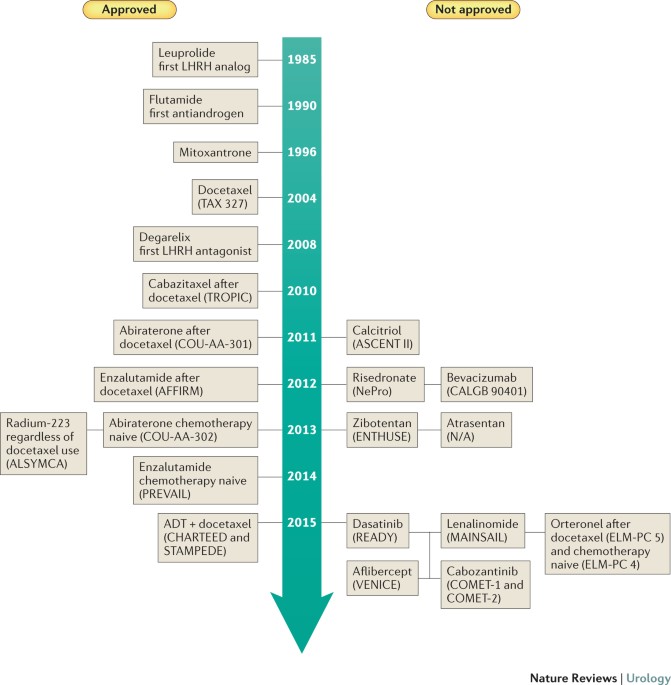
- Select a language for the TTS:
- UK English Female
- UK English Male
- US English Female
- US English Male
- Australian Female
- Australian Male
- Language selected: (auto detect) - EN
Play all audios:
Guidance CARBAPENEMASE-PRODUCING GRAM-NEGATIVE BACTERIA ENHANCED SURVEILLANCE: ERS DATA COLLECTION MANUAL Describes the core and enhanced datasets in the electronic reporting system (ERS)
for the enhanced surveillance of carbapenemase-producing Gram-negative bacteria. Get emails about this page THIS PUBLICATION WAS WITHDRAWN ON 24 APRIL 2019 The Electronic Reporting System
(ERS) enhanced surveillance website closed in April 2019. See AMRHAI reference unit: reference and diagnostic services for the latest guidance. DOCUMENTS [WITHDRAWN] ELECTRONIC REPORTING
SYSTEM ENHANCED SURVEILLANCE OF CARBAPENEMASE-PRODUCING GRAM-NEGATIVE BACTERIA: DATA COLLECTION MANUAL Ref: PHE publications gateway number 2016141 PDF, 1.17 MB, 56 pages This file may not
be suitable for users of assistive technology. Request an accessible format. If you use assistive technology (such as a screen reader) and need a version of this document in a more
accessible format, please email [email protected]. Please tell us what format you need. It will help us if you say what assistive technology you use. DETAILS The ERS serves 2 main
functions as a system for: * laboratories to request full characterisation of Gram-negative bacteria where expression of an acquired carbapenemase is suspected * NHS Trusts to submit
enhanced surveillance data This guidance describes the 3 surveillance sections requiring data entry in the ERS: * core dataset * enhanced dataset: all patients * enhanced dataset: admitted
patients SIGN UP FOR EMAILS OR PRINT THIS PAGE Get emails about this page Print this page






